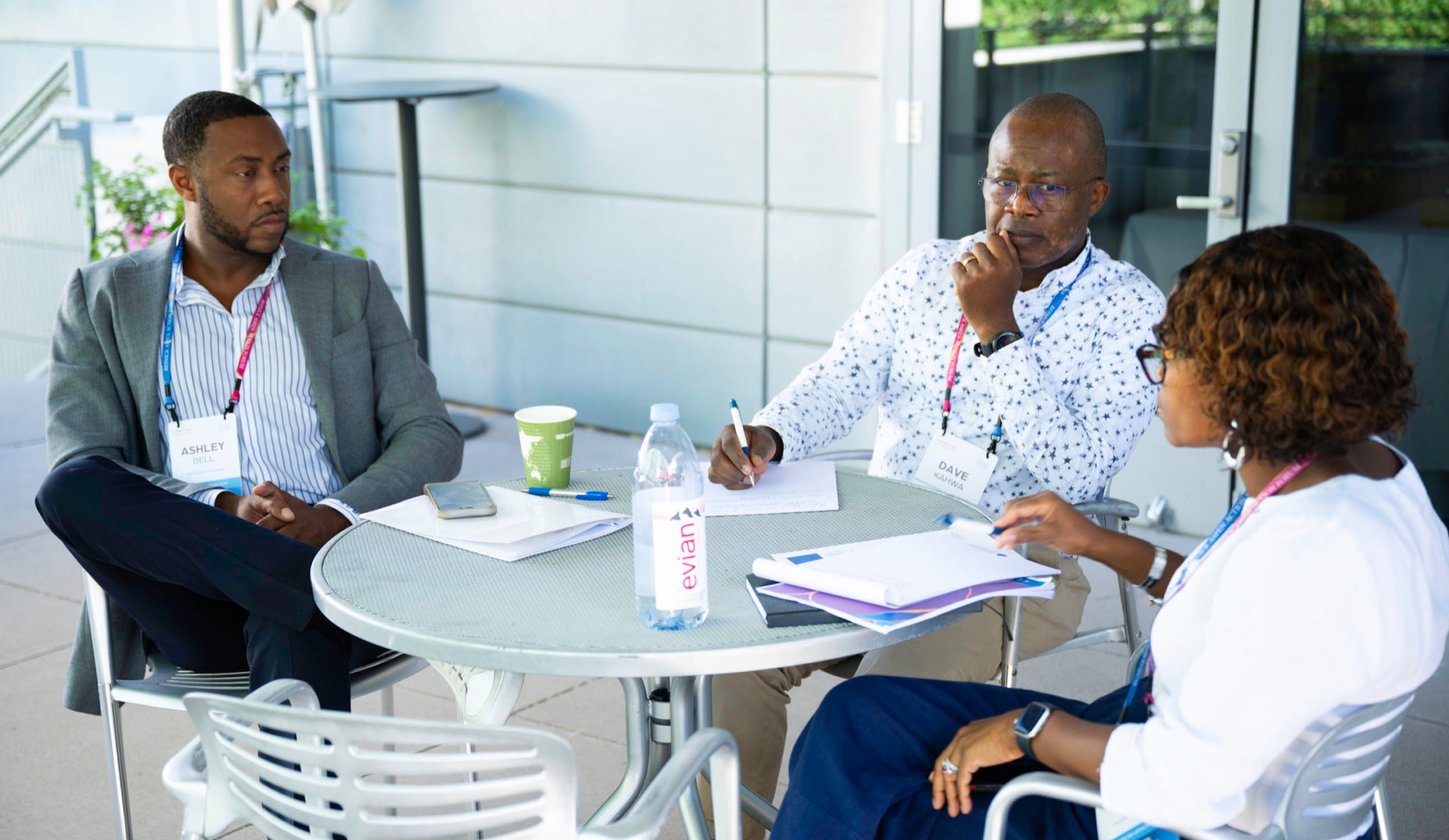Above, watch Paulson Institute Chairman and former US Secretary of the Treasury Hank Paulson in conversation with Aspen Institute President and CEO Walter Isaacson.
As global stock markets rebound after “Black Monday,” debate over how China’s economic slowdown will impact the world economy continues. Former US Treasury Secretary Hank Paulson spoke about his recent book, “Dealing with China: An Insider Unmasks the New Economic Superpower,” as part of the McCloskey Speaker Series in Aspen, CO, and outlined the steps needed to build a bright economic future for the US.
“I think the US-China relationship is increasingly fraught and complex and there’s going to be increasing tension, and yet when I look at the major issues we need to deal with — whether it be environmental issues from global warming to our ecosystem, or sustaining global economic growth, or denuclearization, [or] fighting terrorism — they’re going to be a lot easier to deal with if we’re working with China.”
“There’s a lot of misunderstanding in the US about China and vice versa,” he continued, “and this [book] is my real effort to deal with it.”
China’s Sluggish Economy
China needs to figure out how “to fix an economic model that has run out of gas,” Paulson said, because they have a “big run-up in debt growing quicker than the economy, [which is] not sustainable.” Thus, they need to “make some fundamental reforms in terms of fixing a broken municipal finance system, developing a new national tax system, changing the responsibilities between the center and the provinces, [and creating] more opportunity for [the] private sector companies, where the growth is going to need to come from.”
Paulson thinks China’s deflated currency has been “overblown as a political issue,” with the most fundamental problem being the country’s need to restructure its economy. He does believe that part of that restructuring means they should move to “liberalize” their currency regime, but the currency can only be market-determined when they can do so with stability. Thus China needs to work “to have open world-class capital markets” and needs fundamental reforms to achieve that. That’s in part why he believes we should be working with China to help their structural reform.
Building a Prosperous Future for the US
In terms of building a prosperous future for the US, Paulson believes it’s “much easier to do if we’re working in complementary ways with China.”
Paulson also stressed the need to focus on strengthening our own economic system. The “best thing we can do in terms of dealing with China is [to deal] with our own issues,” he said. “We are going to be the predominant power for a long time if we restore our economic competitiveness, if we do the things we need to do to deal with our fiscal issues and deal with growth [because] our leadership around the world starts with our economic leadership.”
“If we want people to want to emulate our economy and look to our model, if we want to exert influence around the world, it’s going to be a lot easier if we’re an economic leader, so let’s fix our own problems, lets deal from a position of strength and fix our problems at home.”
Paulson’s advice for political leaders today is to focus on strategic economic dialogue with China. In working with China, he’s learned that “the leadership is very diffuse,” so it can be hard to build consensus to get things done. Therefore it’s critical to bring all the officials into one room so that everyone who needs to weigh in can be there. Otherwise, he said, progress can be very slow.

